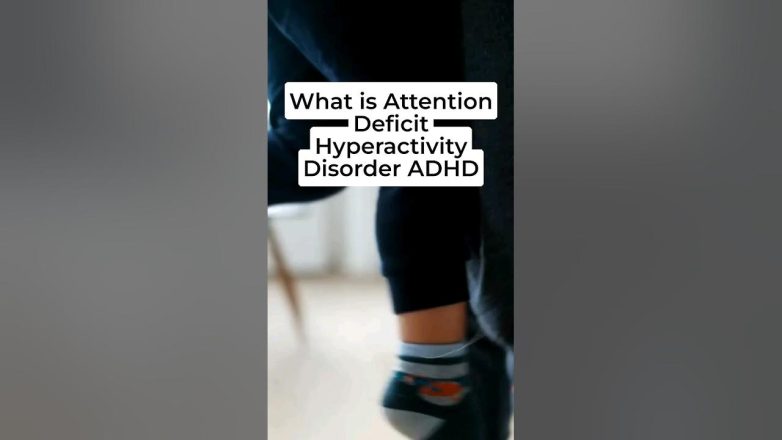

Attention deficit hyperactivity disorder (ADHD) is a neurodevelopmental disorder characterized by difficulties with attention, hyperactivity, and impulsivity. It typically begins in childhood and can persist into adulthood. Symptoms can impact academic, social, and occupational functioning. Treatment options include medication, therapy, and behavioral interventions to manage symptoms and improve daily functioning.
Attention deficit hyperactivity disorder (ADHD) is a neurological condition that affects both children and adults. It is characterized by difficulties with attention, hyperactivity, and impulsivity. Individuals with ADHD may have trouble focusing, staying organized, and controlling their behavior.
ADHD is believed to be caused by a combination of genetic, environmental, and neurological factors. It is estimated that ADHD affects around 5-7% of children and adolescents worldwide, with boys being diagnosed more frequently than girls.
Symptoms of ADHD can vary from person to person, but common signs include inattention, forgetfulness, fidgeting, excessive talking, and difficulty following instructions. These symptoms can impact a person’s academic performance, relationships, and overall quality of life.
Treatment for ADHD typically involves a combination of medication, therapy, and behavior management techniques. Stimulant medications, such as Adderall and Ritalin, are commonly prescribed to help improve focus and reduce hyperactivity. Therapy, such as cognitive-behavioral therapy, can help individuals develop coping strategies and improve their organizational skills.
It is important for individuals with ADHD to receive proper diagnosis and support in order to manage their symptoms effectively. With the right treatment and support, individuals with ADHD can lead successful and fulfilling lives.



